
Published: Dec 2, 2024
10 Best Practices for Keyword Research in SEO: Skyrocket Your Rankings in 2025
10 Best Practices for Keyword Research in SEO: Skyrocket Your Rankings in 2025
I’ve got a confession to make… I used to think keyword research was about as exciting as watching paint dry. But boy, was I wrong! After years of trial and error (and a few embarrassing SEO blunders), I’ve cracked the code on keyword research that’ll make your content pop faster than a champagne cork on New Year’s Eve. So, buckle up, buttercup – we’re about to dive deep into the world of SEO keyword mastery!
TLDR:What are the most effective keyword research strategies for SEO in 2025?
1️⃣ Use AI-powered tools to uncover hidden keyword opportunities
2️⃣ Focus on user intent and semantically related keywords
3️⃣ Analyze competitor keywords and identify gaps in their strategies
Table of Contents
- Understanding the Basics of Keyword Research
- Top 10 Keyword Research Best Practices for 2025
- 1. Leverage AI-Powered Tools

- 2. Focus on User Intent
- 3. Embrace Long-Tail Keywords
- 4. Optimize for Voice Search

- 5. Analyze Competitor Keywords

- 6. Implement Local SEO Tactics

- 7. Adopt a Mobile-First Approach
- 8. Research Video Content Keywords
- 9. Create Semantic Keyword Clusters
- 10. Utilize Trend-Based Forecasting
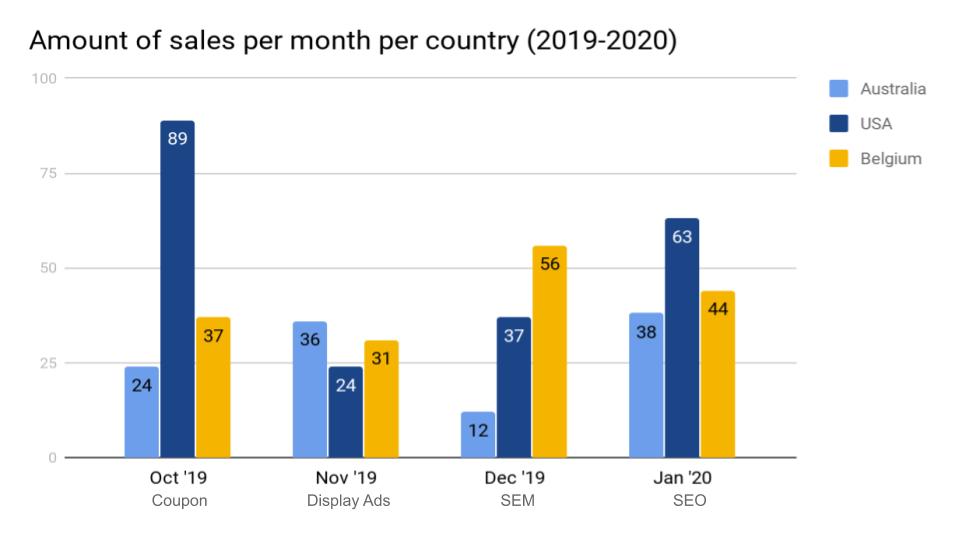
- 1. Leverage AI-Powered Tools
- Tools and Resources for Effective Keyword Research
- Common Keyword Research Mistakes to Avoid
- Ignoring Search Intent
- Obsessing Over High-Volume Keywords
- Neglecting Local SEO
- Keyword Stuffing
- Ignoring Long-Tail Keywords
- Not Updating Your Keyword Strategy
- Ignoring Competitor Keywords
- Focusing Too Much on Exact Match Keywords
- Neglecting Voice Search Optimization
- Not Aligning Keywords with Your Sales Funnel
- Measuring the Success of Your Keyword Strategy
- Future Trends in Keyword Research
- AI-Powered Semantic Analysis
- Voice Search Optimization
- Visual Search Keywords

- Intent-Focused Keyword Research
- Hyper-Local Keyword Targeting

- Predictive Search and Keyword Forecasting

- Entity-Based Search

- Multilingual and Multi-Regional Keyword Research

- Video Content Keyword Optimization

- E-commerce Specific Keyword Tools

Understanding the Basics of Keyword Research
Let’s face it, keyword research can feel like trying to crack a secret code sometimes. But don’t worry, I’ve been there, and I’m here to help you unlock the mysteries of this crucial SEO skill.
What Exactly is Keyword Research?
At its core, keyword research is all about figuring out what your audience is actually searching for online. It’s like being a mind reader, but way less creepy and way more data-driven. You’re essentially trying to match your content with the words and phrases people type into search engines.
The Evolution of Keyword Research
Back in the day (we’re talking early 2000s), keyword research was pretty straightforward. You’d stuff your content with exact-match keywords and hope for the best. It was kind of like playing a game of “keyword Tetris” – just trying to fit as many keywords as possible into your content.
But things have changed. A LOT.
Google’s algorithms have gotten smarter, and so have we. Now, it’s all about understanding user intent and creating content that actually helps people, not just trying to game the system.
Why Keyword Research Matters in 2025
In today’s digital landscape, keyword research is more important than ever. Here’s why:
Search Engine Results Pages (SERPs) are incredibly competitive
- With millions of new pages published daily, you need to know exactly what keywords to target to stand out.
User behavior is constantly changing
- Remember when “COVID-19” wasn’t even a term people searched for? Yeah, me neither. The point is, search trends can shift rapidly, and you need to keep up.
Voice search is on the rise
- People are talking to their devices more than ever, which means we need to optimize for conversational keywords.
The Basics of Effective Keyword Research
So, how do you actually do keyword research? Here’s a quick rundown:
Start with a seed keyword
- This is your main topic or product. For example, if you sell vintage guitars, your seed keyword might be “vintage guitars.”
Expand your list
- Use tools like Google Keyword Planner or Ahrefs to find related keywords and variations.
Analyze the metrics
- Look at search volume (how many people are searching for this term) and keyword difficulty (how hard it is to rank for).
Consider user intent
- Are people looking to buy something? Learn something? Make sure your content matches what they’re actually looking for.
Don’t forget long-tail keywords
- These are longer, more specific phrases. They might have lower search volume, but they’re often easier to rank for and can bring in highly targeted traffic.
Real-World Example: The Vintage Guitar Shop
Let’s say you run an online vintage guitar shop. Your main keyword might be “vintage guitars,” but that’s super competitive. So, you dig deeper and find these gems:
- “1960s Fender Stratocaster price guide”
- “How to identify a real vintage Gibson Les Paul”
- “Best vintage guitars for blues under $2000”
These long-tail keywords are much more specific and likely to attract buyers who are further along in their purchase journey.
Remember, keyword research isn’t a one-and-done deal. It’s an ongoing process that requires constant tweaking and updating. But don’t let that intimidate you! With practice, you’ll start to develop a sixth sense for what keywords will work best for your content.
In the next section, we’ll dive into the top 10 keyword research best practices for 2025. Trust me, you won’t want to miss it – it’s gonna be more exciting than finding a mint condition 1959 Les Paul in your grandma’s attic!
Top 10 Keyword Research Best Practices for 2025
Listen up, SEO enthusiasts! I’ve been in the trenches, battling algorithm changes and fierce competition, and I’m here to spill the beans on what really works for keyword research in 2025. Let’s dive into the good stuff!
1. Leverage AI-Powered Tools
Gone are the days of manually sifting through endless keyword lists. AI tools are game-changers, folks! I remember spending hours on spreadsheets, but now? It’s like having a supersmart intern who never sleeps.
- Use tools like Clearscope or MarketMuse to uncover hidden keyword opportunities
- Let AI analyze search intent and suggest semantically related terms
- Save time and get more accurate results
2. Focus on User Intent
It’s not just about what people are searching; it’s about why they’re searching. Trust me, this shift in thinking will revolutionize your keyword strategy.
- Categorize keywords into informational, navigational, commercial, and transactional intent
- Create content that matches each type of intent
- Use Google’s BERT update to your advantage by focusing on natural language
3. Embrace Long-Tail Keywords
I used to chase high-volume keywords like a dog after a squirrel. Big mistake! Long-tail keywords are where it’s at for most businesses.
- Target phrases with 3-5 words for less competition and higher conversion rates
- Use tools like Answer the Public to find question-based long-tail keywords
- Create content clusters around long-tail topics
4. Optimize for Voice Search
With smart speakers in every home, ignoring voice search is like pretending smartphones never happened. Don’t be that person!
- Focus on conversational, question-based keywords
- Target featured snippets to increase chances of being the voice search result
- Use tools like Rank Tracker to monitor voice search rankings
5. Analyze Competitor Keywords
Why reinvent the wheel when you can… borrow your competitor’s wheel? Ethically, of course!
- Use tools like SEMrush or Ahrefs to analyze competitor keyword strategies
- Identify gaps in their keyword coverage and capitalize on them
- Track changes in competitor rankings to spot new opportunities
6. Implement Local SEO Tactics
If you’ve got a physical location or serve specific areas, local SEO is your ticket to the big leagues.
- Include location-specific keywords (e.g., “best pizza in Brooklyn”)
- Optimize for “near me” searches
- Use Google My Business to boost local visibility
7. Adopt a Mobile-First Approach
With most searches happening on mobile, ignoring mobile optimization is like shooting yourself in the foot. Don’t do it!
- Focus on keywords that perform well in mobile searches
- Use Google’s Mobile-Friendly Test to ensure your site is up to snuff
- Consider mobile user behavior when selecting keywords
8. Research Video Content Keywords
YouTube is the second-largest search engine. Ignoring video keyword research? That’s a paddlin’.
- Use tools like TubeBuddy or vidIQ for YouTube-specific keyword research
- Look for keywords with high search volume but low competition
- Optimize video titles, descriptions, and tags with your target keywords
9. Create Semantic Keyword Clusters
It’s not just about individual keywords anymore; it’s about topics and how they relate. Mind-blowing, right?
- Group related keywords into topic clusters
- Use tools like Topic or LSIGraph to find semantically related terms
- Create comprehensive content that covers all aspects of a topic
10. Utilize Trend-Based Forecasting
Last but not least, become a keyword psychic! Okay, not really, but close enough.
- Use Google Trends to spot rising search terms
- Monitor social media for emerging topics in your industry
- Create content around predicted trends to get ahead of the competition
There you have it, folks! These 10 best practices will have you keyword-researching like a pro in no time. Remember, the key is to stay curious, keep testing, and always put your audience first. Now go forth and conquer those SERPs!
Tools and Resources for Effective Keyword Research
Let’s face it, trying to do keyword research without the right tools is like trying to build IKEA furniture without the Allen wrench. Sure, you might get there eventually, but it’s gonna be a frustrating journey. So, let’s dive into some game-changing tools that’ll make your keyword research feel less like pulling teeth and more like striking gold.
Free Keyword Research Tools
1. Google Keyword Planner
- Part of Google Ads, but free to use even without running ads
- Provides search volume data and keyword ideas
- Great for beginners, but be aware it rounds numbers and groups similar keywords
2. Google Trends
- Shows how search interest for terms changes over time
- Useful for spotting seasonal trends or emerging topics
- Pro tip: Compare multiple terms to see which is gaining traction
3. Answer the Public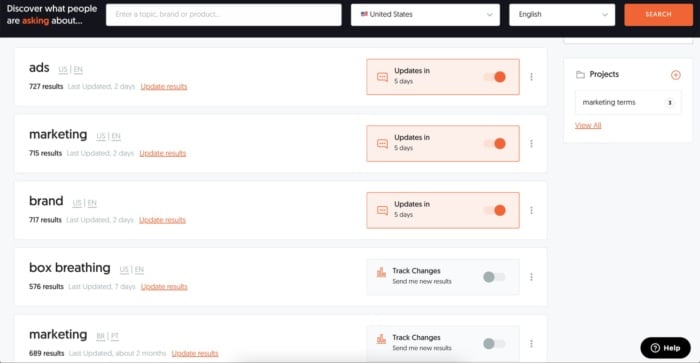
- Generates questions people are asking about your topic
- Perfect for finding long-tail keywords and content ideas
- Limited free searches per day, so use wisely
Paid Keyword Research Tools
1. Ahrefs Keywords Explorer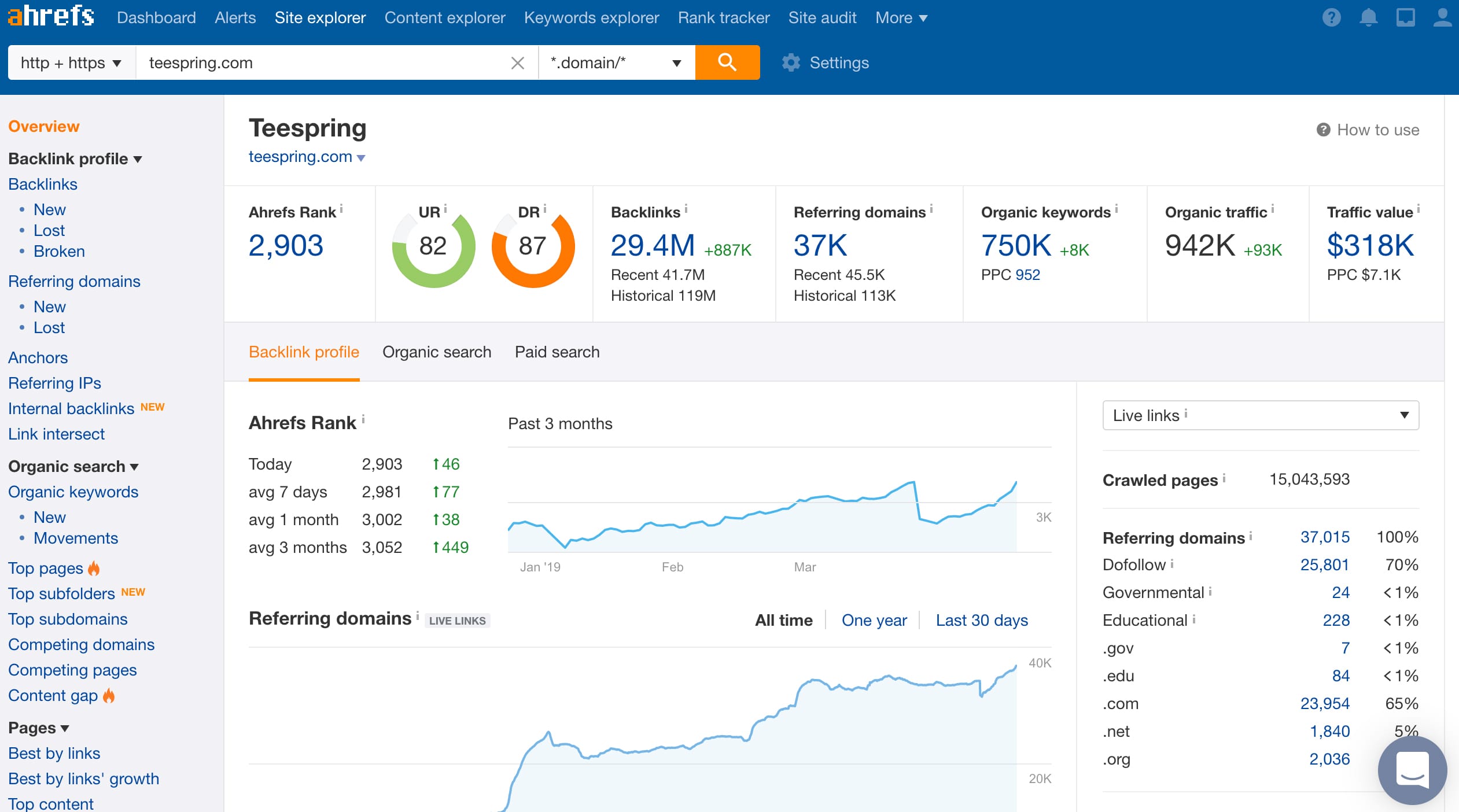
- Comprehensive data on keyword difficulty, search volume, and more
- Offers “clicks” data to show how many searches actually result in clicks
- Pricey, but worth it if you’re serious about SEO
2. SEMrush
- All-in-one SEO tool with robust keyword research features
- Great for competitor analysis and finding keyword gaps
- Offers a free trial, so you can test it out before committing
3. Moz Keyword Explorer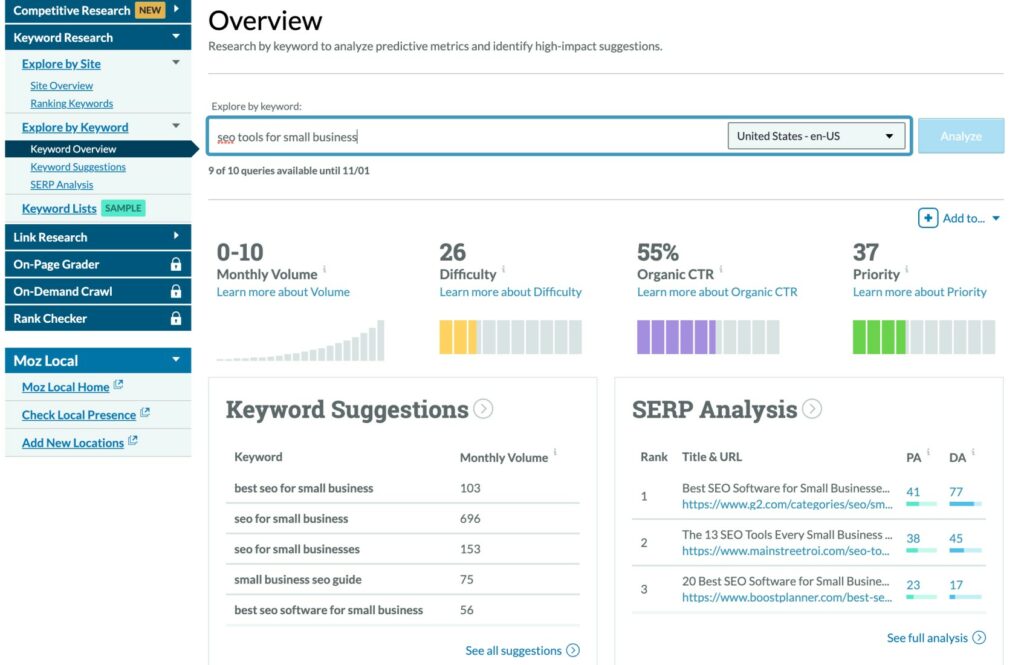
- Provides accurate search volume data and keyword suggestions
- Offers a unique “Priority” score to help prioritize keywords
- Part of the larger Moz Pro suite of SEO tools
Specialized Keyword Tools
1. KeywordTool.io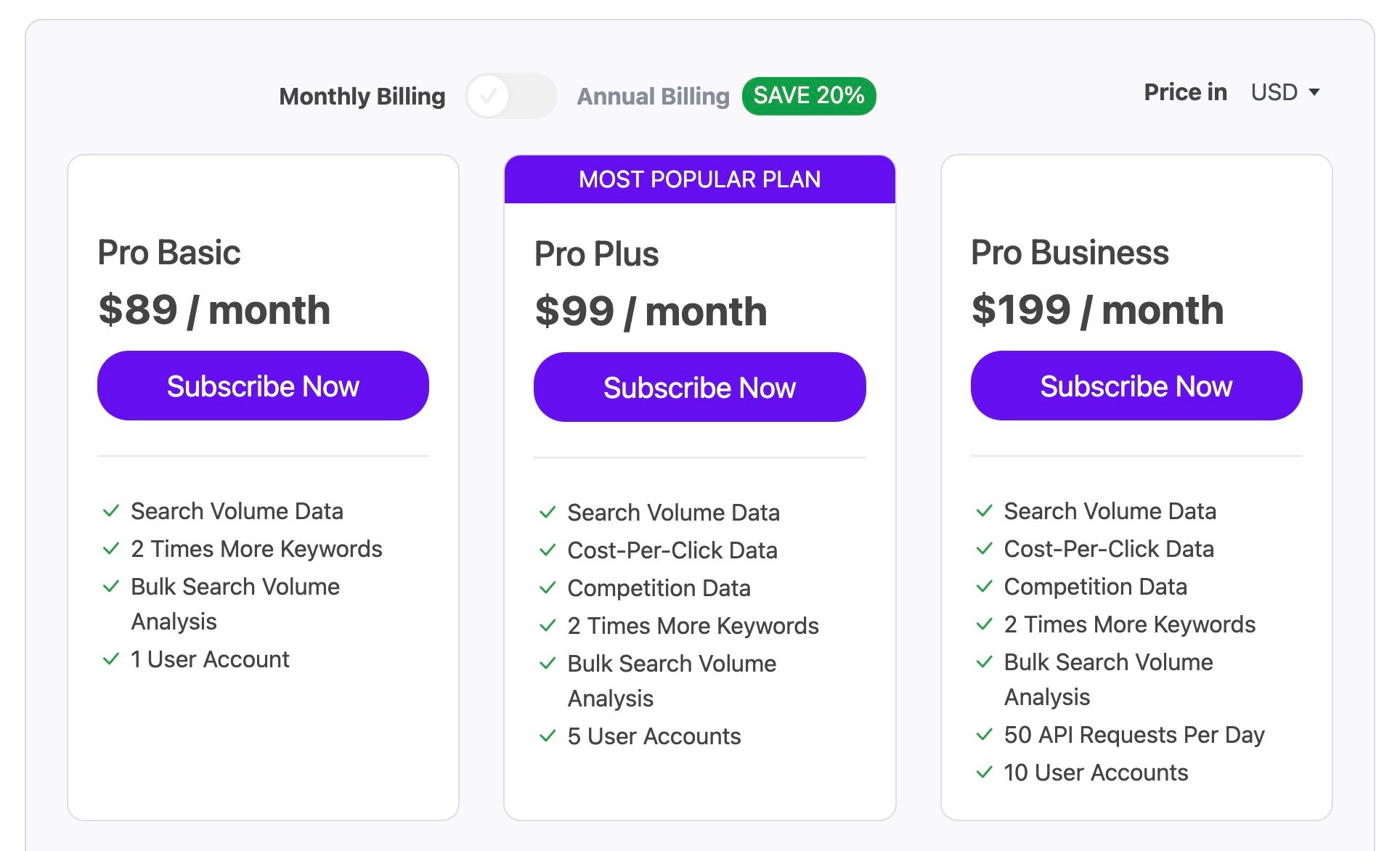
- Scrapes Google Autocomplete for keyword ideas
- Offers specialized tools for YouTube, Bing, Amazon, and more
- Free version available, but paid version unlocks search volume data
2. Ubersuggest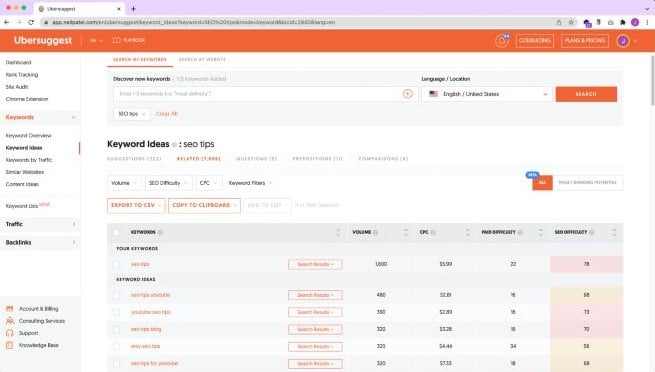
- Created by marketing guru Neil Patel
- Offers content ideas and a “Content Explorer” feature
- Affordable option for those just starting out
3. SpyFu
- Specializes in competitor keyword research
- Shows you exactly which keywords your competitors are ranking for
- Great for finding untapped keyword opportunities
Browser Extensions for On-the-Go Research
1. Keywords Everywhere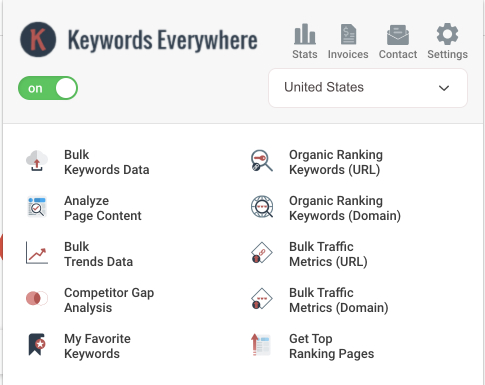
- Chrome and Firefox extension
- Shows search volume and CPC data right in Google search results
- Pay-as-you-go model, so you only pay for the data you need
2. MozBar
- Free Chrome extension from Moz
- Provides quick SEO metrics for any page you’re visiting
- Great for on-the-fly competitor analysis
Content Optimization Tools
1. Clearscope
- AI-powered tool that analyzes top-ranking content
- Provides a “Content Grade” based on keyword usage and relevance
- Pricey, but can significantly improve your content’s chances of ranking
2. MarketMuse
- Uses AI to suggest topics and keywords to cover in your content
- Helps create comprehensive content that covers a topic thoroughly
- Offers a content inventory feature to identify gaps in your existing content
Pro Tips for Using These Tools
Don’t rely on just one tool: Each has its strengths and weaknesses. Cross-reference data for accuracy.
Look beyond search volume: Consider factors like keyword difficulty, user intent, and potential for conversion.
Use tools to spark ideas, not dictate strategy: The best keyword opportunities often come from understanding your audience, not just following tool suggestions.
Keep an eye on your budget: While paid tools can be powerful, make sure you’re getting ROI. Start with free tools and upgrade as needed.
Stay up-to-date: The world of SEO tools is always evolving. Follow industry blogs and join SEO communities to stay informed about new tools and features.
Remember, these tools are just that - tools. They’re not magic wands that’ll instantly boost your rankings. The real magic happens when you combine these tools with your knowledge of your audience and industry. So go forth, experiment, and may the SEO gods smile upon your keyword research efforts!
Common Keyword Research Mistakes to Avoid
Let’s get real for a second. We’ve all been there - thinking we’re crushing the keyword game, only to realize we’ve been making rookie mistakes. Trust me, I’ve made my fair share of blunders. But hey, that’s how we learn, right? So, let’s dive into some common keyword research pitfalls and how to sidestep them like a pro.
Ignoring Search Intent
One of the biggest mistakes I see? Focusing solely on search volume and completely ignoring search intent. It’s like trying to sell ice to Eskimos - you might have a lot of potential customers, but they’re not buying what you’re selling.
- Example: Targeting “apple” when you sell computers, not fruit
- Fix: Use tools like Google’s Search Console to understand what queries are actually bringing people to your site
Obsessing Over High-Volume Keywords
I get it, those big numbers are tempting. But chasing after super competitive keywords is like trying to break into Fort Knox with a plastic spoon. It’s not gonna happen, chief.
- Example: A small local bakery targeting “best cake in the world”
- Fix: Focus on long-tail keywords that are more specific and less competitive, like “gluten-free birthday cakes in [your city]”
Neglecting Local SEO
If you’ve got a brick-and-mortar business, ignoring local SEO is like setting up shop in the middle of the desert. You’re missing out on a goldmine of targeted traffic.
- Example: A pizza shop in Chicago not optimizing for “deep dish pizza near me”
- Fix: Use Google My Business and include location-specific keywords in your content
Keyword Stuffing
This old-school tactic is about as effective as using a floppy disk in 2025. Not only does it make your content read like a robot wrote it, but it can also get you penalized by Google.
- Example: “Buy cheap shoes cheap shoes for sale discount cheap shoes”
- Fix: Write naturally for humans first, then optimize for search engines
Ignoring Long-Tail Keywords
Focusing only on short, broad keywords is like fishing with a net full of holes. You might catch something, but you’re missing out on a lot of potential catches.
- Example: Targeting “shoes” instead of “comfortable running shoes for flat feet”
- Fix: Use tools like Answer the Public to find specific, long-tail keywords
Not Updating Your Keyword Strategy
The digital world moves fast. If you’re still using the same keyword strategy from 2020, you’re basically bringing a knife to a gunfight.
- Example: Still optimizing for “fidget spinners” in 2025
- Fix: Regularly use Google Trends to stay on top of what’s current in your industry
Ignoring Competitor Keywords
Not peeking at what your competitors are up to? That’s like playing poker without looking at the other players’ tells.
- Example: Missing out on a lucrative keyword that all your competitors are ranking for
- Fix: Use tools like SEMrush or Ahrefs to analyze competitor keywords
Focusing Too Much on Exact Match Keywords
With Google’s natural language processing getting smarter by the day, obsessing over exact match keywords is like using a map when you’ve got GPS.
- Example: Creating separate pages for “dog toys,” “toys for dogs,” and “canine playthings”
- Fix: Focus on topics and semantic relevance rather than exact keyword matches
Neglecting Voice Search Optimization
With the rise of smart speakers and virtual assistants, ignoring voice search is like pretending smartphones never happened.
- Example: Not optimizing for question-based queries that people might ask Alexa or Siri
- Fix: Use conversational, long-tail keywords and focus on answering specific questions
Not Aligning Keywords with Your Sales Funnel
Using the same keywords for all stages of your sales funnel is like using the same pickup line on everyone at a bar. It might work sometimes, but it’s not the most effective strategy.
- Example: Using “buy now” keywords for awareness-stage content
- Fix: Map keywords to different stages of the buyer’s journey - awareness, consideration, and decision
Remember, keyword research isn’t just about finding popular search terms. It’s about understanding your audience, predicting their needs, and creating content that genuinely helps them. So, next time you’re diving into keyword research, keep these pitfalls in mind. Your future self (and your search rankings) will thank you!
Measuring the Success of Your Keyword Strategy
Let’s get real for a second - if you’re not measuring your keyword strategy’s success, you might as well be throwing spaghetti at the wall and hoping it sticks. Trust me, I’ve been there, and it’s not pretty. So, let’s dive into how to actually track whether your keyword efforts are paying off or just wasting your time.
Key Metrics to Monitor
1. Organic Traffic
- This is the big one, folks. More organic traffic usually means your keyword strategy is working.
- Use Google Analytics to track how many visitors are coming from search engines.
- Pro tip: Look at the “Organic Search” traffic segment to filter out other sources.
2. Keyword Rankings
- Are you actually ranking for the keywords you’re targeting? That’s kind of important.
- Tools like SEMrush or Ahrefs can track your rankings over time.
- Don’t freak out over small fluctuations. Focus on overall trends.
3. Click-Through Rate (CTR)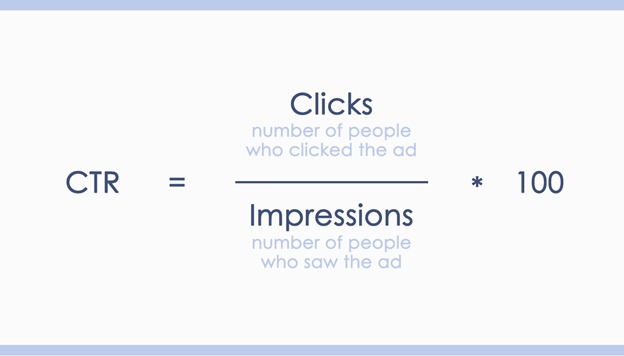
- Getting impressions is great, but are people actually clicking on your results?
- Check your Google Search Console for CTR data.
- If your CTR is low, you might need to work on your meta titles and descriptions.
4. Bounce Rate
- Are people sticking around once they land on your page?
- A high bounce rate might mean you’re targeting the wrong keywords or your content isn’t delivering what users expect.
- Again, Google Analytics is your friend here.
5. Conversion Rate
- At the end of the day, we’re all trying to make money, right?
- Track how many visitors from organic search are completing your desired actions (purchases, sign-ups, etc.).
- Set up Goal Tracking in Google Analytics to make this easier.
Tools for Analyzing Keyword Performance
1. Google Search Console
- Free and straight from the horse’s mouth (Google).
- Shows which queries are bringing traffic to your site.
- Provides data on impressions, clicks, and average position.
2. Google Analytics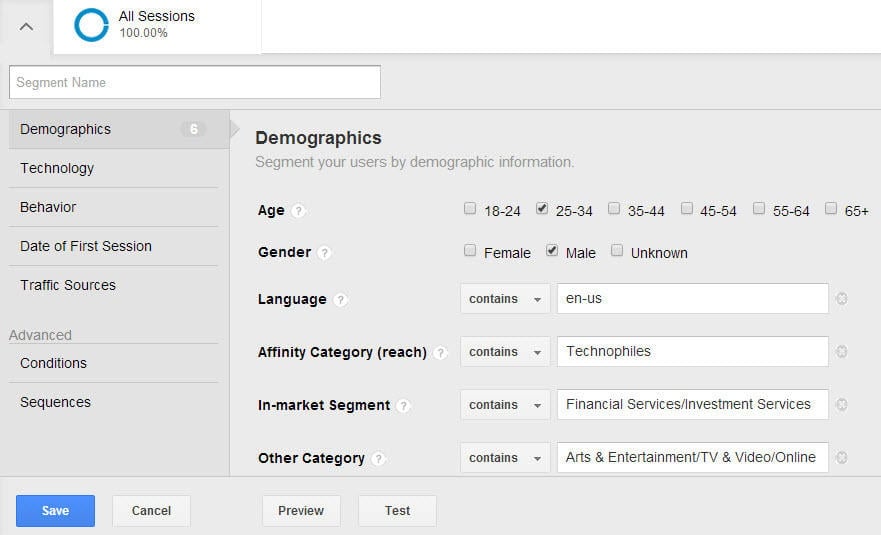
- The gold standard for website analytics.
- Use the “Organic Search” traffic segment to focus on SEO performance.
- Set up custom reports to track specific keyword-driven landing pages.
3. SEMrush or Ahrefs
- Paid tools that provide more in-depth keyword data.
- Track rankings for specific keywords over time.
- Analyze competitor keyword performance.
4. Moz Pro
- Offers a “Rankings” feature to track keyword performance.
- Provides “Ranking Opportunities” to find new keyword targets.
- Includes on-page optimization suggestions.
Analyzing Your Data
Alright, you’ve got all this data. Now what? Here’s how to make sense of it all:
Set Benchmarks:
- Establish baseline metrics when you start your new keyword strategy.
- This gives you something to compare against as you make changes.
Look for Trends:
- Don’t panic over day-to-day fluctuations.
- Focus on week-over-week or month-over-month trends.
Segment Your Data:
- Break down your performance by different types of keywords (e.g., branded vs. non-branded, short-tail vs. long-tail).
- This helps identify which types of keywords are working best for you.
Compare Against Competitors:
- Use tools like SEMrush to see how you stack up against the competition.
- Are they ranking for keywords you’re not? Time to step up your game!
Align with Business Goals:
- Higher rankings are great, but are they translating to more conversions?
- Make sure your keyword strategy is actually driving business results.
Case Study: The Blog That Couldn’t
I once worked with a client who had a tech blog. They were targeting high-volume keywords like “best smartphones” and “top laptops.” Their traffic was decent, but their bounce rate was through the roof, and conversions were non-existent.
After digging into the data, we realized their audience was actually more interested in niche, technical topics. We pivoted to long-tail keywords like “how to overclock a Raspberry Pi” and “custom ROM installation guide for Android.”
The result? Traffic dipped initially, but bounce rates plummeted, time on site skyrocketed, and they started seeing actual conversions from their affiliate links. Sometimes, less is more when it comes to keyword strategy.
Final Thoughts
Remember, measuring the success of your keyword strategy isn’t a one-and-done deal. It’s an ongoing process that requires constant tweaking and optimization. Don’t be afraid to experiment, fail, and try again. That’s how you find the keyword sweet spot that’ll have your site climbing the SERP charts faster than a pop star’s latest single.
And hey, if all else fails, there’s always interpretive dance to express your keyword frustrations. Just maybe don’t post that on your company’s social media. Trust me on this one.
Future Trends in Keyword Research
Alright, buckle up SEO enthusiasts! We’re about to take a wild ride into the future of keyword research. Trust me, it’s gonna be more exciting than finding a $100 bill in your old jeans pocket!
AI-Powered Semantic Analysis
Gone are the days when we’d stuff our content with exact-match keywords like it was Thanksgiving turkey. In 2025 and beyond, AI is the name of the game.
- Natural Language Processing (NLP) will become even more sophisticated
- Tools will analyze entire topics, not just individual keywords
- Content relevance will trump keyword density every time
Pro Tip: Start focusing on creating comprehensive, topic-based content clusters rather than individual keyword-targeted pages.
Voice Search Optimization
With smart speakers becoming as common as smartphones, optimizing for voice search isn’t just a trend - it’s a necessity.
- Long-tail, conversational keywords will become crucial
- Question-based queries will dominate voice searches
- Local SEO will get a major boost from voice search
Real-World Example: Instead of targeting “best pizza NYC,” focus on “Where can I get the best New York-style pizza near me right now?”
Visual Search Keywords
As Google Lens and similar technologies advance, we’ll need to think beyond text.
- Image alt-text will become more important than ever
- Visual-based queries will require new keyword strategies
- Product and visual content descriptions will need optimization
Actionable Tip: Start incorporating detailed, keyword-rich descriptions for all your visual content.
Intent-Focused Keyword Research
Understanding user intent is becoming more crucial than ever. It’s not just about what they’re searching, but why they’re searching.
- Tools will emerge to better categorize keywords by intent
- Content will need to be tailored to specific stages of the buyer’s journey
- Micro-moment marketing will influence keyword strategies
Example: Instead of just targeting “running shoes,” you might focus on “best running shoes for beginner marathoners with flat feet.”
Hyper-Local Keyword Targeting
As personalization increases, so does the importance of hyper-local targeting.
- Neighborhood-level keyword targeting will become more common
- Augmented Reality (AR) will influence local search behavior
- Geo-fencing technologies will impact local keyword strategies
Real-Life Scenario: A coffee shop might target “artisanal cold brew coffee in Williamsburg, Brooklyn” instead of just “coffee shop New York.”
Predictive Search and Keyword Forecasting
Get ready to become a keyword psychic! AI-powered tools will help us predict future search trends.
- Seasonal trend prediction will become more accurate
- Tools will suggest potential future high-performing keywords
- Real-time keyword adaptation based on current events will be crucial
Pro Move: Start using tools like Google Trends more aggressively to spot emerging patterns.
Entity-Based Search
Search engines are getting better at understanding entities - people, places, things, and concepts.
- Keywords will need to be tied to specific entities
- Knowledge Graph optimization will become a key SEO strategy
- Structured data and schema markup will play a bigger role in keyword relevance
Example: Instead of just targeting “Eiffel Tower,” you might optimize for “Eiffel Tower architecture style” or “Eiffel Tower visitor experience.”
Multilingual and Multi-Regional Keyword Research
As the internet becomes more global, so must our keyword strategies.
- Tools for cross-language keyword research will improve
- Cultural context will play a bigger role in keyword selection
- Region-specific search engines (like Baidu in China) will require specialized strategies
Tip: Start thinking about how your keywords might translate (or not) in different markets.
Video Content Keyword Optimization
With YouTube being the second-largest search engine, video keyword research is becoming its own specialization.
- Transcript optimization will become crucial for video SEO
- Tools will emerge to analyze spoken keywords in videos
- Video snippet optimization will require new keyword strategies
Action Item: Start including full, keyword-optimized transcripts with all your video content.
E-commerce Specific Keyword Tools
As online shopping continues to grow, e-commerce keyword research is becoming more sophisticated.
- Product attribute-based keyword tools will emerge
- Marketplace-specific keyword tools (like for Amazon or Etsy) will become more advanced
- Purchase intent keywords will be more easily identifiable
E-commerce Pro Tip: Start focusing on long-tail product attribute keywords like “ergonomic office chair with adjustable lumbar support and breathable mesh.”
Remember, the future of keyword research isn’t just about finding the right words – it’s about understanding the context, intent, and technology behind those searches. Stay curious, keep experimenting, and don’t be afraid to try new tools and strategies. The SEO landscape is always changing, but with these trends in mind, you’ll be well-equipped to stay ahead of the curve. Now go forth and conquer those SERPs!
